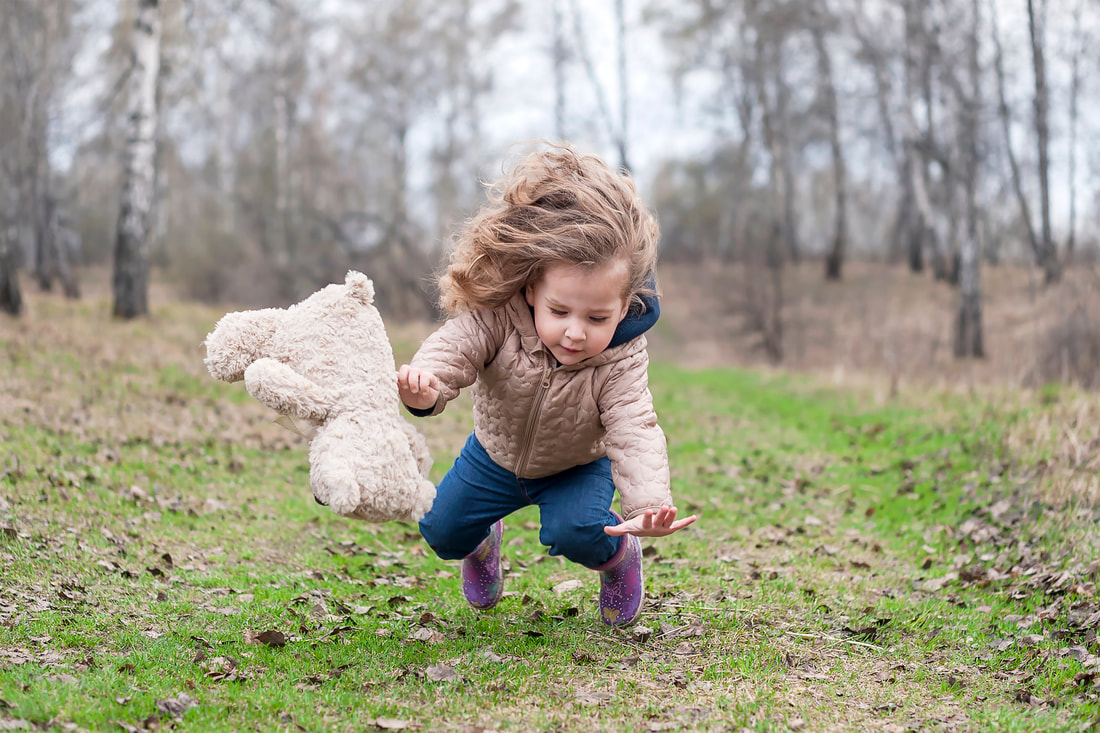|
"Crap! I guess we are taking the freeway, now," I said (though perhaps with more colorful swear words).
The road down the street from us is closed for construction, and we've now been driving about 30 minutes for what should be an 8-minute trip to school. I got distracted, let my mind wander, and took a left onto the freeway where I should have gone straight. I take a deep breath and try to be at peace with the fact we're going to be late for school. This happened yesterday, too. Only yesterday the story was "Well, I guess I'm turning onto Elm street. Daddy warned me that Elm was backed up, but I thought we'd see for ourselves. And...yep, it is backed up." So today the story evolves. I tell my daughter, "You know, people usually don't get things right the first time. Usually you make mistakes a couple times, and you just keep learning from them until you get it right. So let's practice for tomorrow. Tomorrow I'll go up the hill, take a right, then straight through past the freeway..." I find myself thinking back to my own experiences growing up and I really wonder if I ever received any training on making mistakes. I've known all too well the shadows of shame, impostor syndrome, perfectionism, and hiding and holding back - all things that can be born out of the deep need to avoid making mistakes. Few of us talk about these experiences in public, but they appear in my office as guarded secrets that finally get the relief that comes with sharing. So, as a therapist, parent, partner, friend and human, I am on a mission to normalize making mistakes - and therefore, what the process of learning actually looks like. Learning involves making mistakes. Learning involves ideas, experimentation, trying, and failing. Putting together all the information of what worked, what did not, and continuing to try and try again. Sometimes a LOT. Amy L. Eva in "Why We Should Embrace Mistakes at School" offers a slew of ideas as well as research supporting this, with the super-cool example of "productive failure" as an approach to teaching math in Singapore, where students struggle through multiple failures as an eventual path to success. I love the term "productive failure," as it strikes me as both humorous and a great re-frame. I could get frustrated and shut-down on my attempts to drive to school, and ensure that I'll keep feeding the negative cycle. Or I can call my navigation mishaps "productive failures," hopefully bypassing shame, creating a space to learn and move forward. So will my mom-ologue (yes, I really just made that up!) about mistakes be a moment of stellar mom-ing or a moment that was completely unmemorable? Really the answer lies in how much I make normalizing - even celebrating and exploring - mistakes a regular part of MY life. Falling forward, again and again and again. The practice of the week: Noticing when it takes multiple tries to get something right, and making that process explicit by pointing it out, either in your head or out loud. Actively re-naming these "mistakes" as "productive failure." Telling yourself, "Wow, I'm really learning here. What productive failures have I had, and what is the important information I have gathered from those experiences? Are there resources I want to seek out? What do I want to try next?" Stick with it. Probably the first few times, or even 20 times, your brain will reply by telling you this is total crap. Notice what stories come up - more shame? Irritation? Strong adherence to the idea that you don't know what you are doing? Remind yourself that learning new skills - such as re-framing the process of making mistakes, or the practice of mindfulness - is a process. Interested in delving deeper into your own experience with shame, perfectionism, or self-doubt? This is the stuff of good therapy. Get in touch with me at 720.738.3530 or via [email protected] and let's get to work.
1 Comment
2/19/2020 04:45:42 pm
Shame, perfectionism, and self-doubt: the story of my life. Thanks for sharing this.
Reply
Leave a Reply. |
Practice of the WeekWeekly practices in mindfulness, self-compassion, nature connection, and healthy relationship habits. Themes are personal growth, committed partnership, parenting, and greater connection with self and the earth. Archives
April 2020
Categories
All
|

720.738.3530 [email protected] Offices in Boulder and Golden, CO Licensed in Colorado and Wyoming Individuals, Couples, and Wilderness Experiences |

 RSS Feed
RSS Feed
